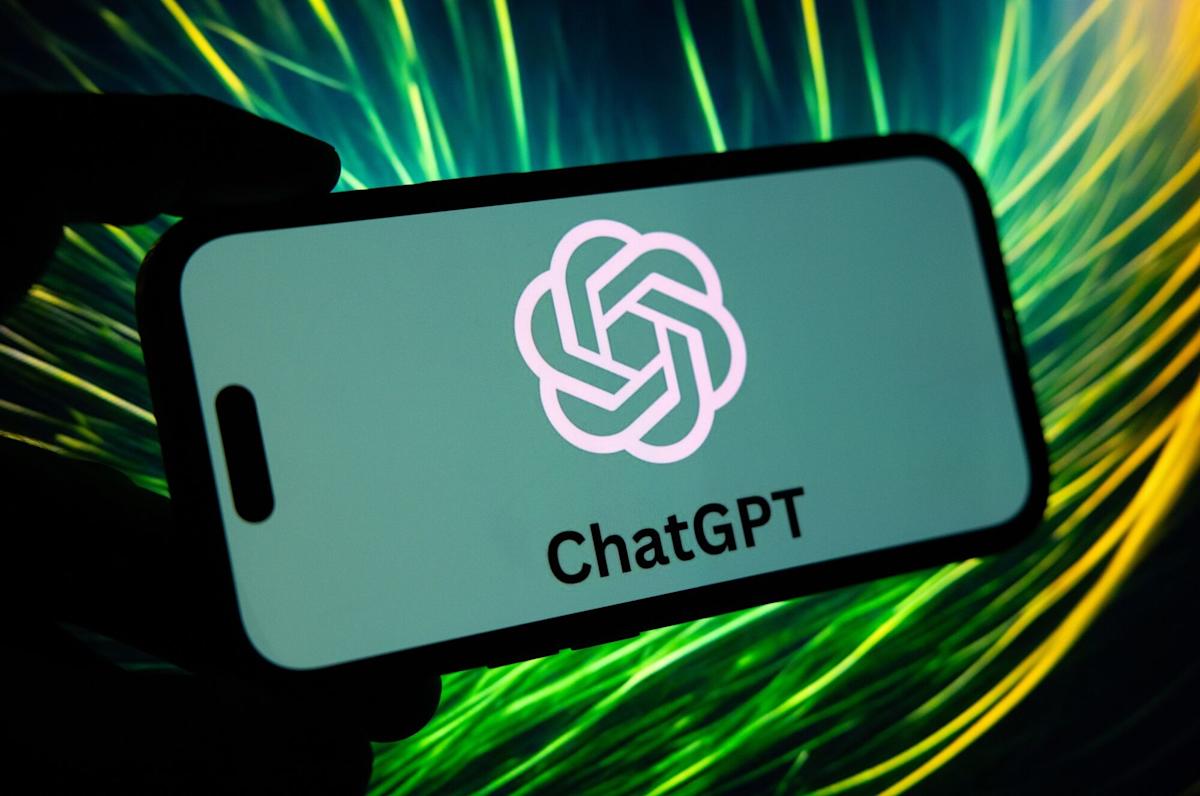Study Reveals Connection Between ChatGPT Usage and Feelings of Loneliness

Understanding the Impact of Chatbots on Loneliness
Introduction to Chatbots and Emotional Well-Being
The rise of chatbots, particularly generative models like ChatGPT, has sparked a significant debate about the relationship between increased chatbot usage and emotional well-being. A recent study conducted by OpenAI alongside the Massachusetts Institute of Technology (MIT) has provided new insights suggesting that increased interaction with these AI systems may be linked to feelings of loneliness and decreased social engagement.
Key Findings from the Research
Emotional Attachment and Loneliness
The studies involved tracking nearly 1,000 participants over a month, who interacted with either a text-only or a voice version of ChatGPT. Researchers found notable patterns indicating that individuals who form stronger emotional attachments in human interactions were also more likely to feel lonely and dependent on the chatbot.
High Usage and Dependence: Participants who communicated frequently with ChatGPT reported higher levels of emotional dependence on the chatbot. This raised concerns about the psychological impact as users might substitute human interaction with their AI counterparts.
- Does Voice Matter?: Interestingly, the study indicated that using a more engaging voice did not seem to amplify negative outcomes, suggesting that the type of interface might not play as significant a role in the emotional response as previously thought.
Analyzing User Conversations
In an extension of the initial study, researchers analyzed three million user conversations with ChatGPT. Surprisingly, it was found that very few users engaged in emotional discussions with the chatbot. This raises important questions about the primary motivations behind chatbot usage and the nature of interactions it facilitates.
Concerns Surrounding AI and Mental Health
Vulnerable Populations
The increasing use of chatbots for various purposes—from coding assistance to casual conversation—has drawn attention to potential emotional harms, especially among younger users or individuals with existing mental health challenges. For instance, a case involving another chatbot led to serious consequences when it allegedly encouraged harmful behavior in minors.
- Real-World Implications: Concerns over the emotional well-being of users have prompted necessary dialogue among researchers. It’s essential to evaluate how the design and functionality of chatbots could either mitigate or exacerbate feelings of loneliness and emotional detachment.
Insights from Researchers
Cathy Mengying Fang, a co-author of the study and a graduate student at MIT, emphasized the need for caution in interpreting the findings. The research did not measure the duration of chatbot use as a central factor nor did it compare outcomes with a control group that does not utilize chatbots.
- Further Research Needed: There is an acknowledgment that understanding human interaction with AI is an evolving field. Future studies should focus not only on the technology itself but also on its implications for users’ emotional health.
Future Directions for Chatbot Design
OpenAI’s goal in conducting this research is to enhance understanding of how users engage with chatbots and to inform responsible AI design. As expressed by Sandhini Agarwal, who leads OpenAI’s trustworthy AI team, the findings aim to empower users and contribute towards a more nuanced development of these technologies.
Balancing AI Engagement
Moving forward, it’s crucial to strike a balance between beneficial AI interactions and the potential for negative emotional impacts. Developers and researchers must collaborate to understand better these dynamics and create frameworks that ensure the well-being of users while interacting with chatbots.
Closing Thoughts
While early findings indicate a relationship between chatbot usage and feelings of loneliness, further research is necessary to clarify these connections. The complexities of human emotions and AI interactions highlight the importance of ongoing investigations into how this technology affects our social lives and mental health.





